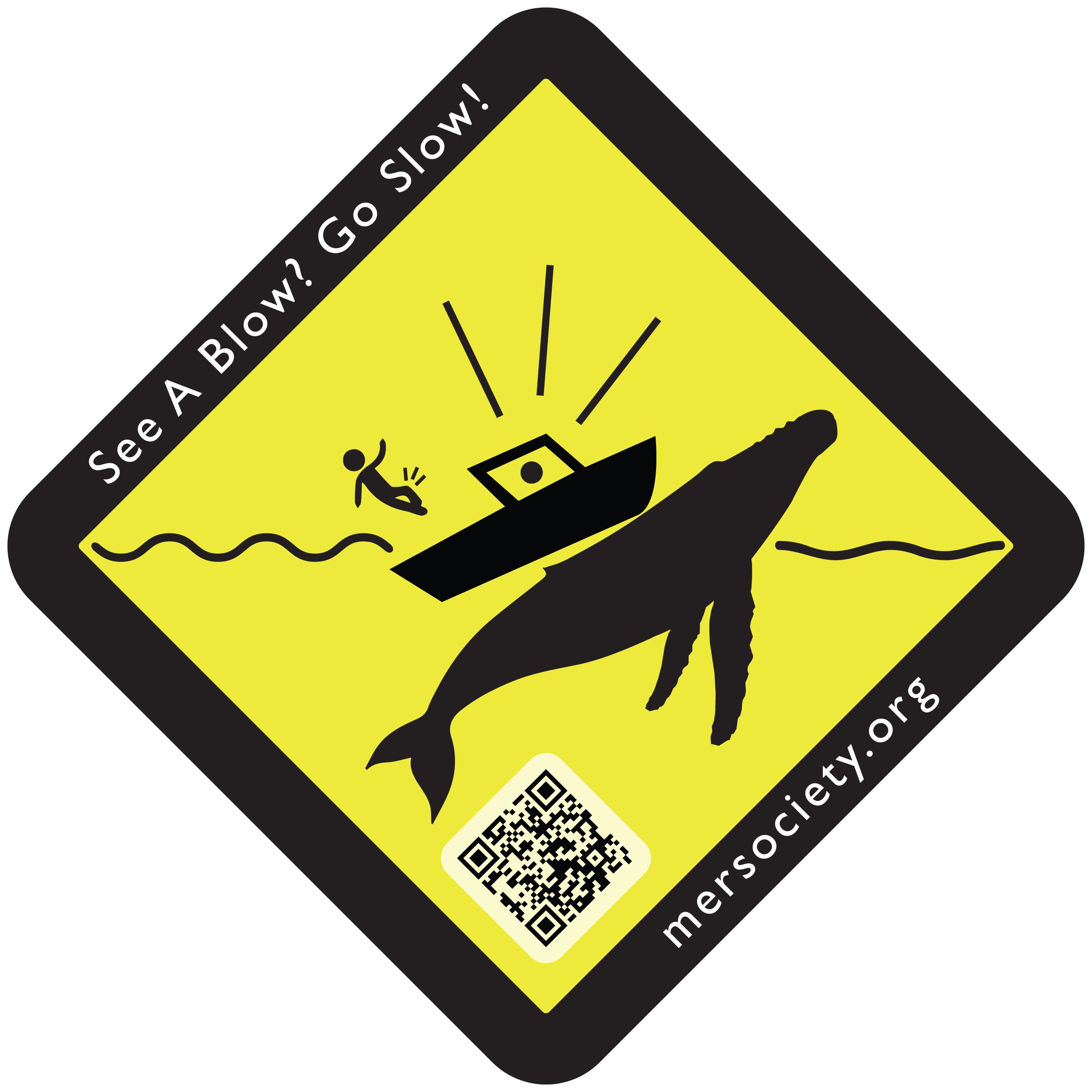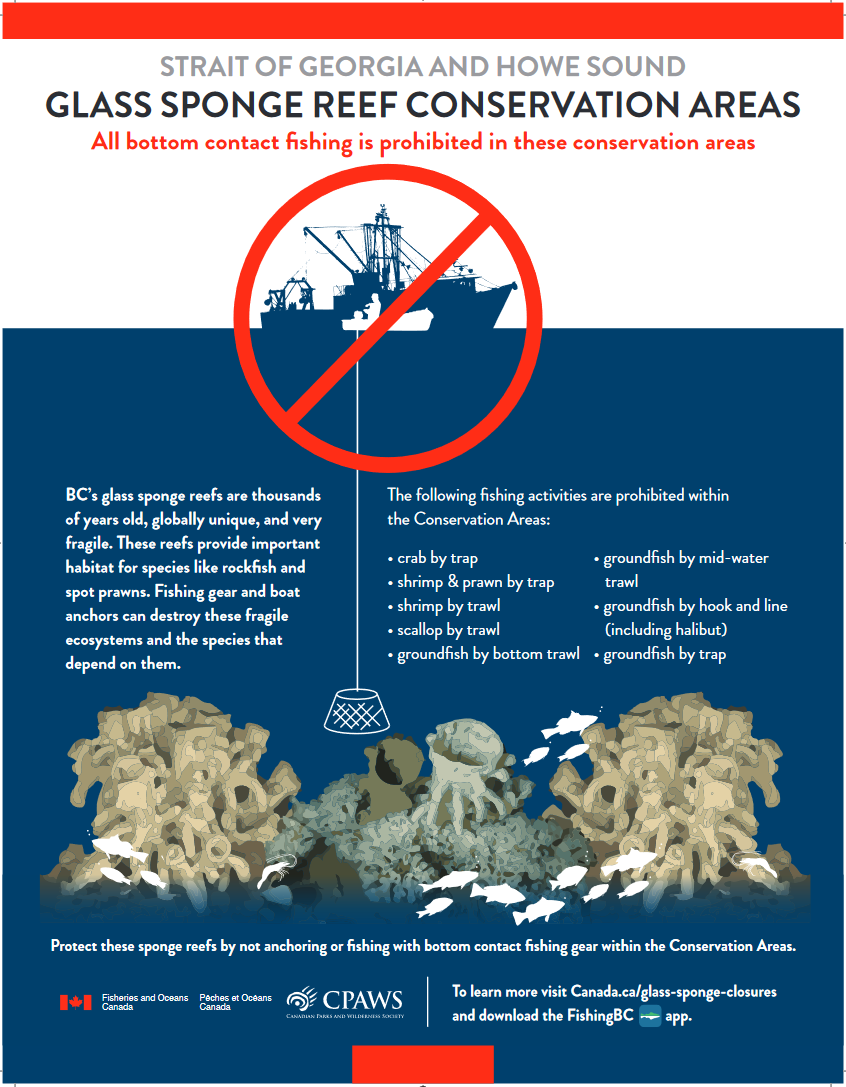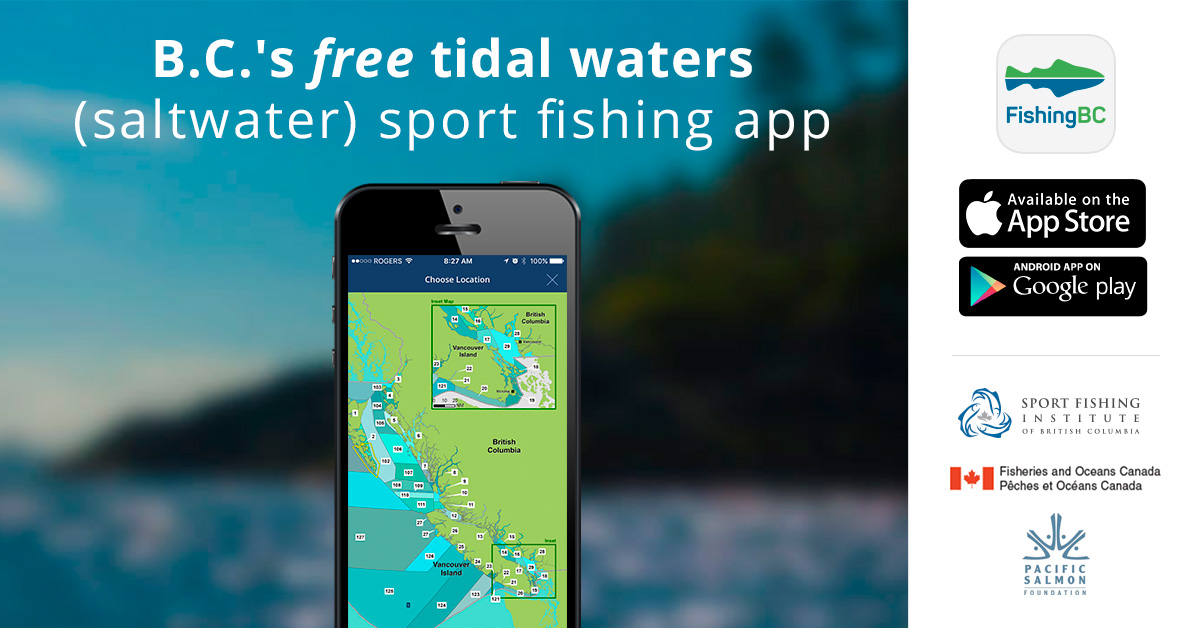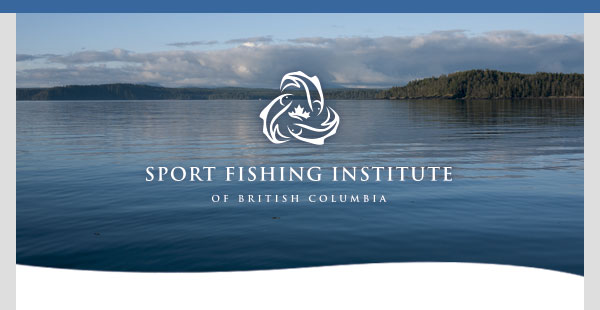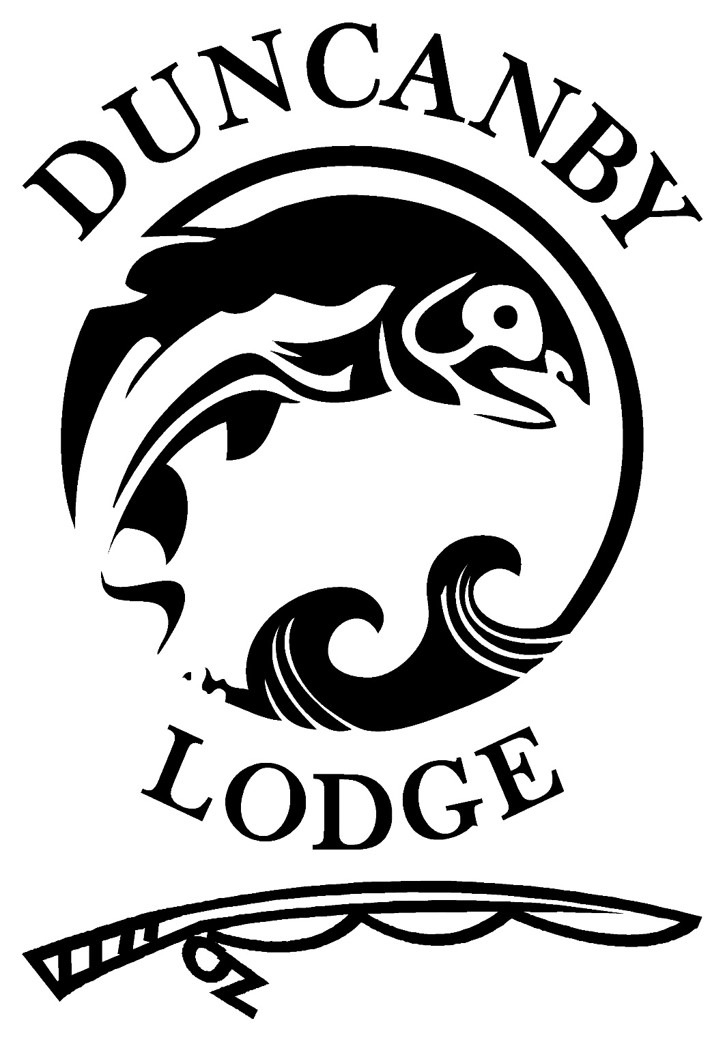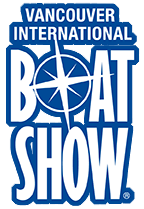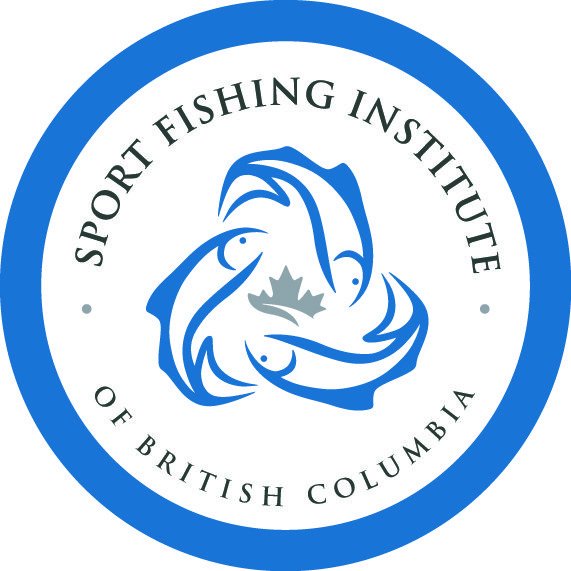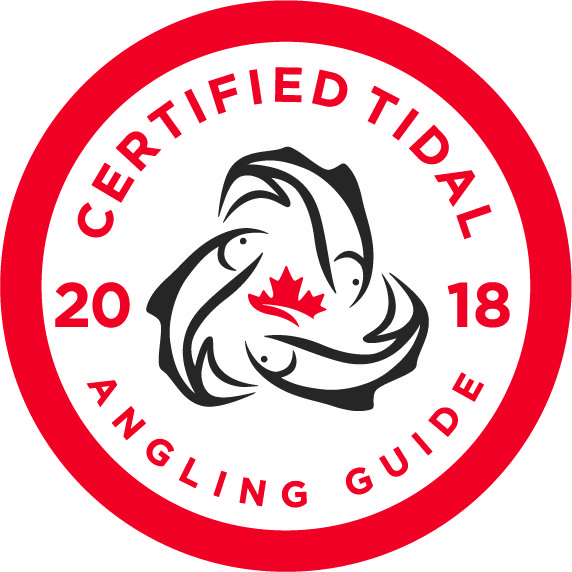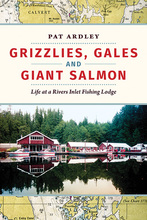Derby
Crew Member
June 15, 2017
The 2017 season is upon us. Whether off Vancouver, Powell River, the north end of the island, the central and north coast or Haida Gwaii, many are out on the water and reports of a good start to a summer of fishing are coming in. While it is getting busy and there are many distractions we thought we'd provide a few brief update details from the SFI team;
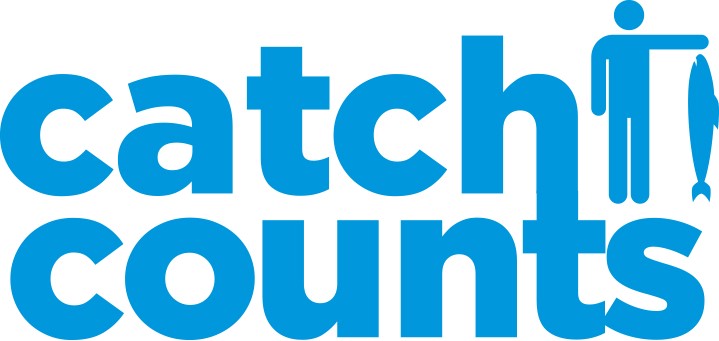
2017 West Coast Vancouver Island Guide DNA \ Log Book Program
June marks the start of data collection for the 2017 WCVI DNA\Log Book Program which the SFI undertakes in collaboration with DFO and the West Coast Fishing Guides Association. 2016 saw a significant increase in participation from guides across the WCVI, we look forward to building on that success in 2017. The catch data collected and submitted by guides through this program is necessary to continue to offer improved fishing opportunities within the corridor and inside the major sounds. We urge all guides, lodges and charters to participate and to demonstrate the sustainability of our fishery.
Meetings to share information about the program and to build participation are currently scheduled for:
Date and Time Location
June 20 at 7:00 p.m.: Middle Beach Lodge, Tofino - Area 24
June 21 at 7:00 p.m.: Ucluelet Community Center, Ucluelet - Area 23
June 27 at 6:00 p.m.: Port Renfrew (final location TBD) - Area 20
These meetings will provide support and technical advice to participants, a summary of data collected thus far and examples of how the data is used. Data collected by individual guides in 2016 will be returned with analysis. And, an update on 2017 Yelloweye rockfish conservation measures is on the agenda. In order to help educate guides and anglers as to the urgent need for everyone to use descending devices to prevent barotrauma related mortality in rockfish species, the SFI will be providing free descending to all guides who participate in the log book program. We are able to do this due to a generous donation by Sid Keay of Duncanby Lodge. Thank you Sid for your consistent support of sustainability in our fishery!
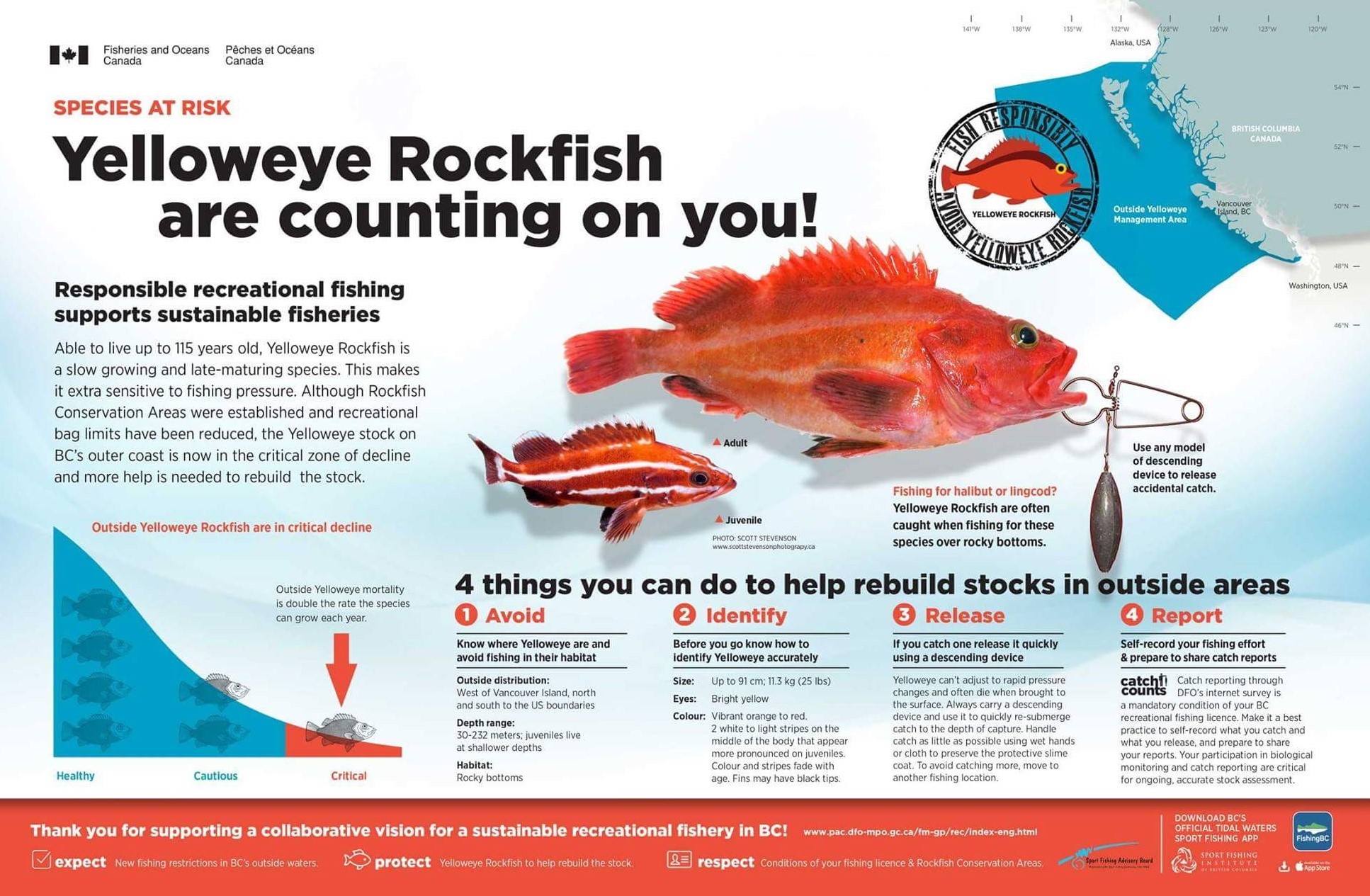
Yelloweye Rockfish - Descending Devices
Yelloweye Rockfish is Species at Risk along our coastline. They are not a target fish but many anglers encounter Yelloweye (and other rockfish) while fishing for other species. When caught and brought rapidly to the surface Rockfish suffer from Barotrauma. This is the life threatening condition, referred to as the "bends" in deep water scuba divers, which causes nitrogen bubbles to form in the blood stream and tissue. In Rockfish it causes eyes to bulge and stomachs to be forced inside out and unless the fish are returned to a similar depth from which they were captured they will die.
What can you do to help? There are a few things that you can do to help the Yelloweye Rockfish population. There is scientific evidence that shows that if a Rockfish is returned to a similar depth to which it was caught within 5 minutes of reaching the surface, they have an excellent chance of survival.
And, as the poster above indicates, take steps to avoid Yelloweye habitat when fishing for other species, ensure you know how to properly identify the species, acquire and be prepared to use a descending device to get an incidentally caught Yelloweye (or any Rockfish) you don't plan to keep back to depth as soon as possible and make sure, when asked, to report your catch as accurately as possible.
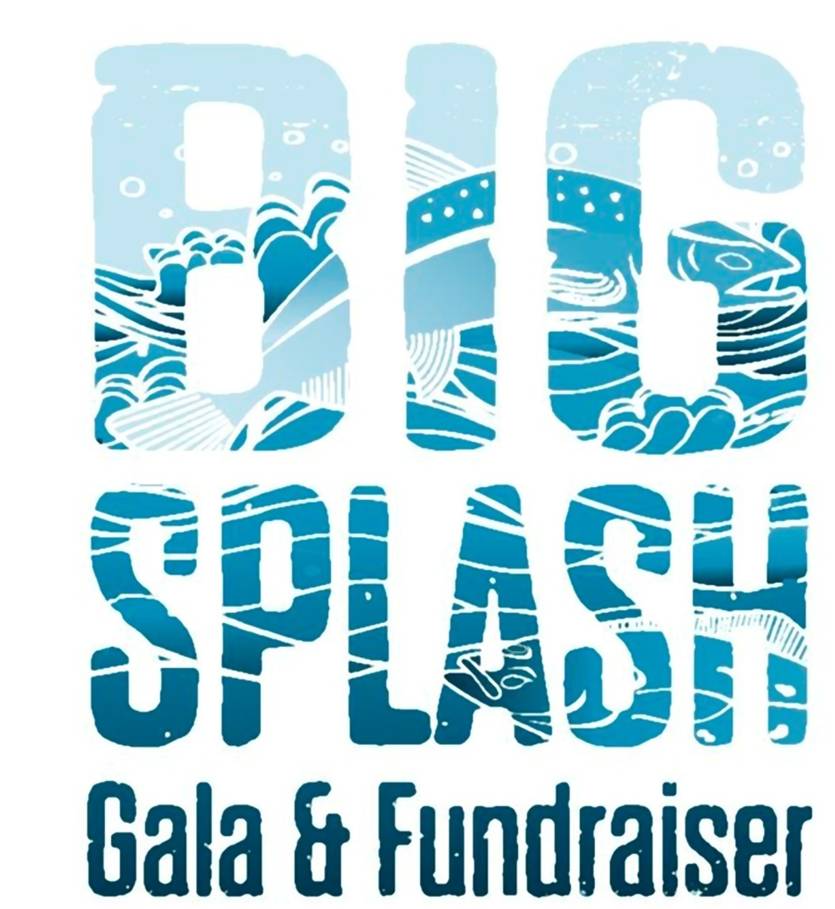
2017 Policy Conference and Big Splash Gala Fundraiser - SAVE THE DATE!
We have set the date for the 2017 Big Splash Gala Fundraiser and Industry Policy Conference. For the first time in many years we plan to take both events to downtown Vancouver. Please mark Thursday, November 23rd, at the Fairmont Hotel Vancouver on your calendars. We know it’s early, but it’s never too early to save the date. Much more information to follow.

Hooked on Lifejackets - Canadian Safe Boating Counsil
July 1st to 9th marks National Fishing Week in Canada. The Canadian Safe Boating Council (CSBC) wants to remind anglers that wearing your lifejacket is even more important than wearing your ‘lucky fishing hat’. But they do share one trait. They both must be worn to be effective!
According to the Canadian Safe Boating Council and the Lifesaving Society, 80 percent of recreational boaters who drown each year in Canada were not wearing a lifejacket or Personal Floatation Device (PFD). Most of these drownings occur in small, open power boats, accounting for 60 percent of these preventable deaths. Many these victims were males between the ages of 19 and 35, out for a day of fishing.
Many of those who don’t wear their lifejackets or PFDs believe that, since they are good swimmers, having them on board and within easy reach is good enough. But a lifejacket stored under a seat or up in the bow will be of no help when the unexpected happens, like falling overboard while trying to net the catch.
The Canadian Safe Boating Council understands that we’ve gotten our families hooked on fishing. We just want to get everyone hooked on lifejackets as well! For more information, check out their website: http://csbc.ca/en/
.
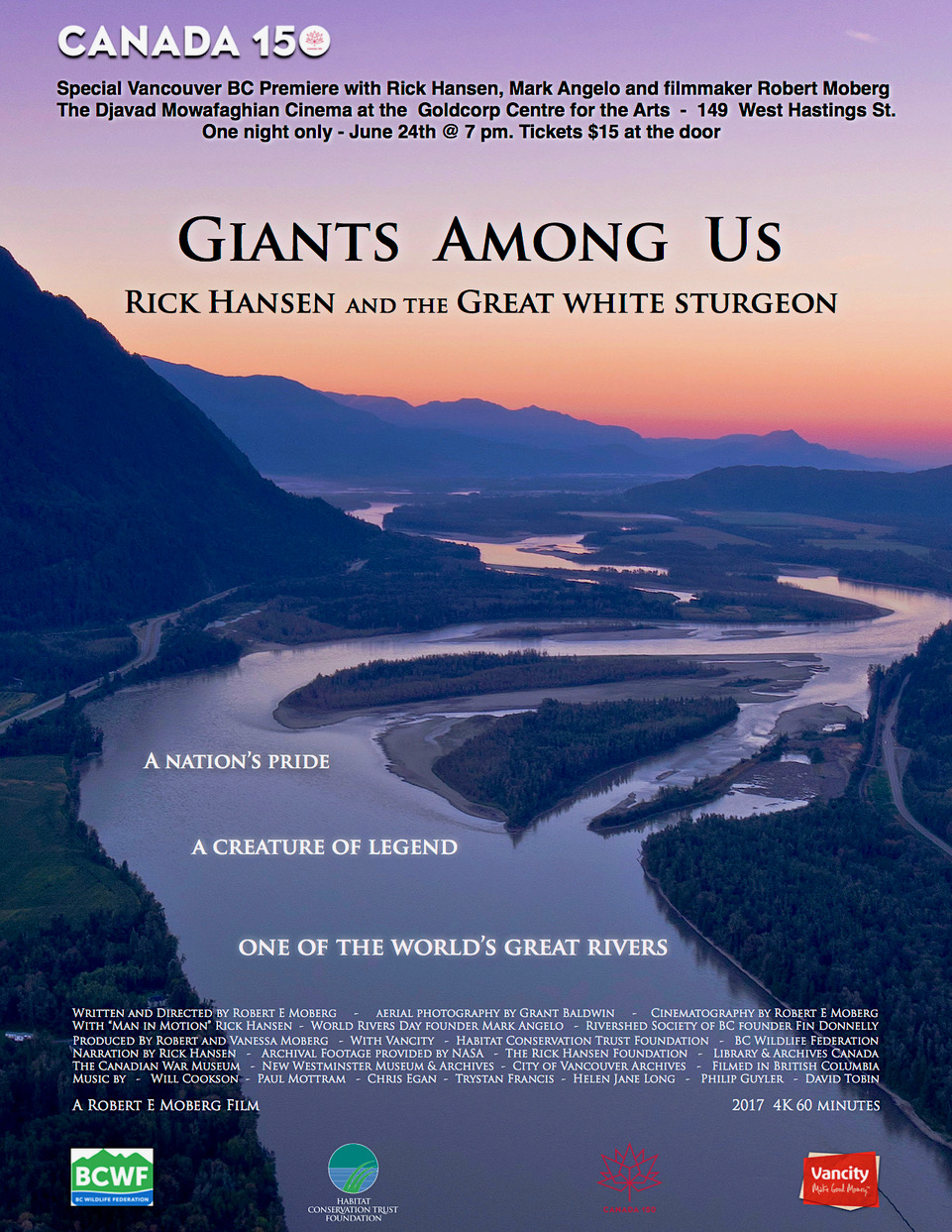
"Giants Among Us - Rick Hansen and the Great White Sturgeon" Film Premier
Filmmaker Robert Moberg is premiering his documentary "Giants Among Us - Rick Hansen and the Great White Sturgeon" at the Goldcorp Centre for the arts on June 24th. Rick Hansen will be in attendance and speak as part of the introduction. World Rivers Day founder Mark Angelo will also speak. "Giants Among Us - Rick Hansen and the Great White Sturgeon" is a film with a strong message of conservation and environmental awareness. Come celebrate Canada’s birthday by following the incredible lifespan of a 150 year old Sturgeon in the Fraser River. Please share with your networks to get the word out on this important film. Trailer https://vimeo.com/198250938
Until next time. Tight lines,
The SFI Team

Android Version coming soon...

The 2017 season is upon us. Whether off Vancouver, Powell River, the north end of the island, the central and north coast or Haida Gwaii, many are out on the water and reports of a good start to a summer of fishing are coming in. While it is getting busy and there are many distractions we thought we'd provide a few brief update details from the SFI team;

2017 West Coast Vancouver Island Guide DNA \ Log Book Program
June marks the start of data collection for the 2017 WCVI DNA\Log Book Program which the SFI undertakes in collaboration with DFO and the West Coast Fishing Guides Association. 2016 saw a significant increase in participation from guides across the WCVI, we look forward to building on that success in 2017. The catch data collected and submitted by guides through this program is necessary to continue to offer improved fishing opportunities within the corridor and inside the major sounds. We urge all guides, lodges and charters to participate and to demonstrate the sustainability of our fishery.
Meetings to share information about the program and to build participation are currently scheduled for:
Date and Time Location
June 20 at 7:00 p.m.: Middle Beach Lodge, Tofino - Area 24
June 21 at 7:00 p.m.: Ucluelet Community Center, Ucluelet - Area 23
June 27 at 6:00 p.m.: Port Renfrew (final location TBD) - Area 20
These meetings will provide support and technical advice to participants, a summary of data collected thus far and examples of how the data is used. Data collected by individual guides in 2016 will be returned with analysis. And, an update on 2017 Yelloweye rockfish conservation measures is on the agenda. In order to help educate guides and anglers as to the urgent need for everyone to use descending devices to prevent barotrauma related mortality in rockfish species, the SFI will be providing free descending to all guides who participate in the log book program. We are able to do this due to a generous donation by Sid Keay of Duncanby Lodge. Thank you Sid for your consistent support of sustainability in our fishery!

Yelloweye Rockfish - Descending Devices
Yelloweye Rockfish is Species at Risk along our coastline. They are not a target fish but many anglers encounter Yelloweye (and other rockfish) while fishing for other species. When caught and brought rapidly to the surface Rockfish suffer from Barotrauma. This is the life threatening condition, referred to as the "bends" in deep water scuba divers, which causes nitrogen bubbles to form in the blood stream and tissue. In Rockfish it causes eyes to bulge and stomachs to be forced inside out and unless the fish are returned to a similar depth from which they were captured they will die.
What can you do to help? There are a few things that you can do to help the Yelloweye Rockfish population. There is scientific evidence that shows that if a Rockfish is returned to a similar depth to which it was caught within 5 minutes of reaching the surface, they have an excellent chance of survival.
And, as the poster above indicates, take steps to avoid Yelloweye habitat when fishing for other species, ensure you know how to properly identify the species, acquire and be prepared to use a descending device to get an incidentally caught Yelloweye (or any Rockfish) you don't plan to keep back to depth as soon as possible and make sure, when asked, to report your catch as accurately as possible.

2017 Policy Conference and Big Splash Gala Fundraiser - SAVE THE DATE!
We have set the date for the 2017 Big Splash Gala Fundraiser and Industry Policy Conference. For the first time in many years we plan to take both events to downtown Vancouver. Please mark Thursday, November 23rd, at the Fairmont Hotel Vancouver on your calendars. We know it’s early, but it’s never too early to save the date. Much more information to follow.

Hooked on Lifejackets - Canadian Safe Boating Counsil
July 1st to 9th marks National Fishing Week in Canada. The Canadian Safe Boating Council (CSBC) wants to remind anglers that wearing your lifejacket is even more important than wearing your ‘lucky fishing hat’. But they do share one trait. They both must be worn to be effective!
According to the Canadian Safe Boating Council and the Lifesaving Society, 80 percent of recreational boaters who drown each year in Canada were not wearing a lifejacket or Personal Floatation Device (PFD). Most of these drownings occur in small, open power boats, accounting for 60 percent of these preventable deaths. Many these victims were males between the ages of 19 and 35, out for a day of fishing.
Many of those who don’t wear their lifejackets or PFDs believe that, since they are good swimmers, having them on board and within easy reach is good enough. But a lifejacket stored under a seat or up in the bow will be of no help when the unexpected happens, like falling overboard while trying to net the catch.
The Canadian Safe Boating Council understands that we’ve gotten our families hooked on fishing. We just want to get everyone hooked on lifejackets as well! For more information, check out their website: http://csbc.ca/en/
.

"Giants Among Us - Rick Hansen and the Great White Sturgeon" Film Premier
Filmmaker Robert Moberg is premiering his documentary "Giants Among Us - Rick Hansen and the Great White Sturgeon" at the Goldcorp Centre for the arts on June 24th. Rick Hansen will be in attendance and speak as part of the introduction. World Rivers Day founder Mark Angelo will also speak. "Giants Among Us - Rick Hansen and the Great White Sturgeon" is a film with a strong message of conservation and environmental awareness. Come celebrate Canada’s birthday by following the incredible lifespan of a 150 year old Sturgeon in the Fraser River. Please share with your networks to get the word out on this important film. Trailer https://vimeo.com/198250938
Until next time. Tight lines,
The SFI Team

Android Version coming soon...



